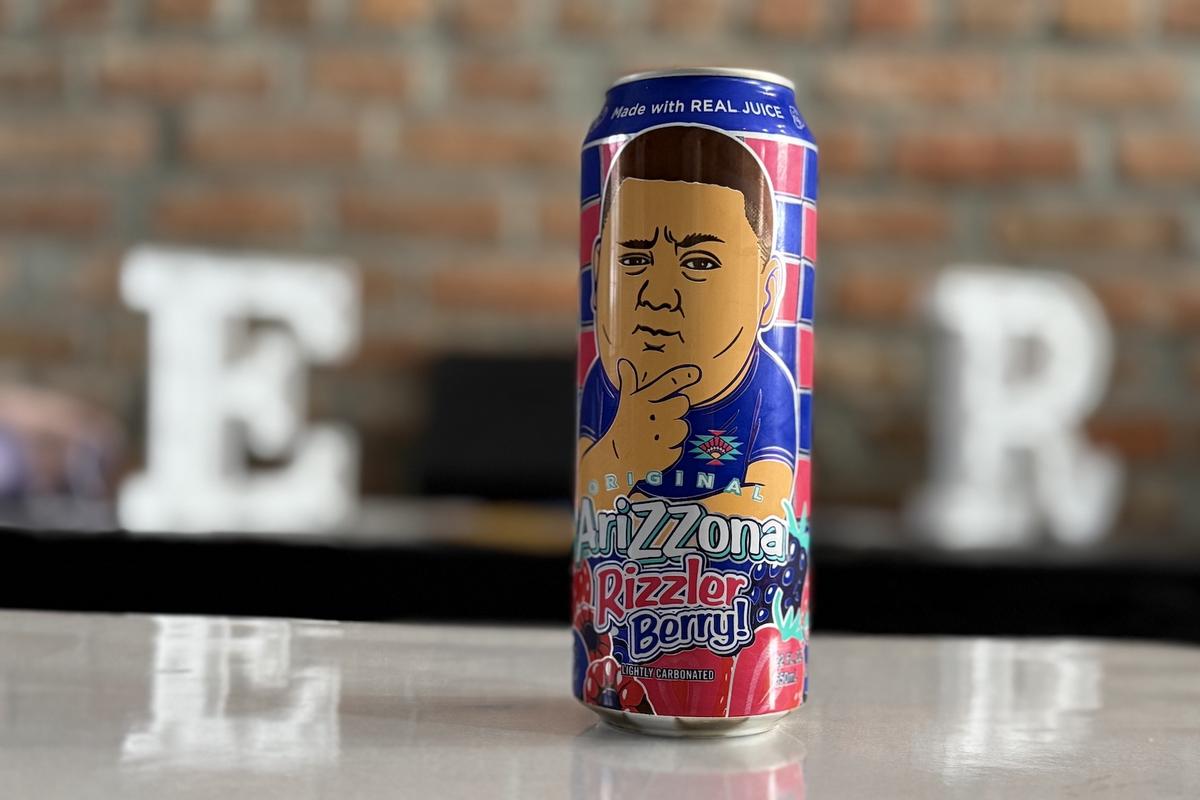Japanese anime master Hayao Miyazaki’s Oscar-winning swan song The Boy and the Heron has taken flight at China’s box office in a major way.
The enigmatic Studio Ghibli hit opened in China on Wednesday and soared to $13.7 million (RMB 99.1 million), nudging aside Warner Bros and Legendary Entertainment’s prior box-office champ Godzilla x Kong: The New Empire, which brought in $5.2 million for the day, according to data from regional consultancy Artisan Gateway.
The Miyazaki masterpiece then set a new record on Thursday for the biggest single-day performance ever by a non-Chinese animated film, earning $23.7 million (RMB 171.5 million). Disney Animation’s Frozen 2 was the former record holder with RMB 167.6 million in ticket sales on Nov. 23, 2019.
The Boy and the Heron released midweek to take advantage of China’s Qingming public holiday, which fell on Thursday this year. Traditionally an occasion for paying respects to one’s ancestors, the Qingming holiday has also become a major family moviegoing date on the Chinese film industry calendar. Several local titles opened simultaneously against Ghibli, including Gu Xiaogang’s rural China-set drama Dwelling by the West Lake, which debuted with $2.7 million in third place behind Godzilla x Kong.
Local ticketing app Maoyan currently projects The Boy and the Heron to earn over $105 million in China, which would make it Miyazaki’s highest-grossing film ever in the country. The strong results match the beloved film’s healthy run in North America, where it topped out at $46.6 million, Studio Ghibli’s best showing ever.
The Boy and the Heron opened at home in Japan in July 2023, earning $61 million to date. That means China will soon become the film’s biggest single market worldwide.
Since the pandemic, Japanese anime arguably has supplanted Hollywood tentpole fare as Chinese filmgoers’ favorite international film category. Last year, Makoto Shinkai’s anime hit Suzume earned $114 million and Toei Animation’s The First Slam Dunk brought in $93 million. Only Universal’s Fast X took in more that year — $138.7 million — while the rest of the U.S. studios’ releases fell far behind.







